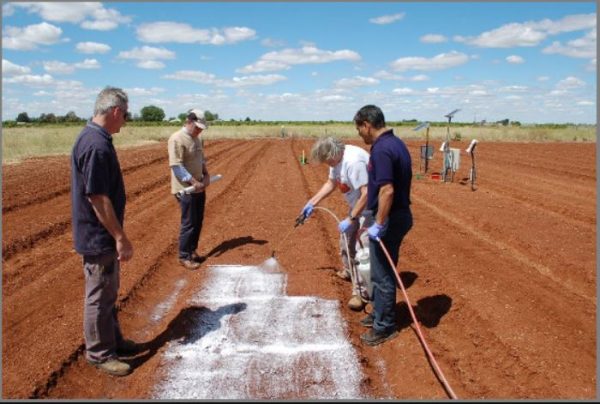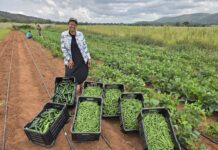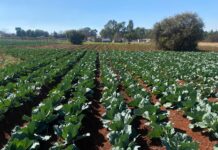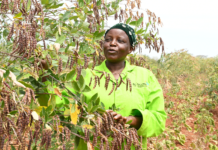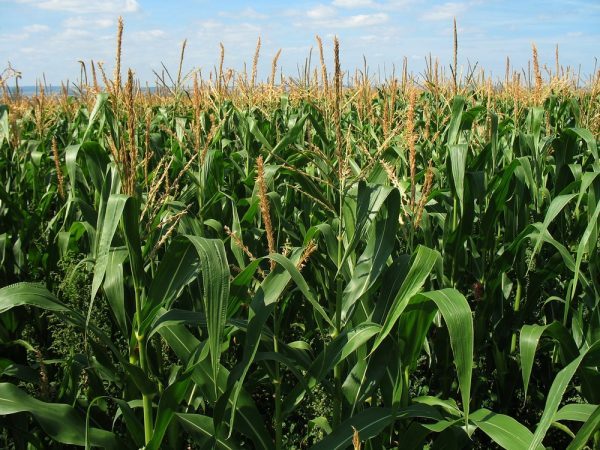Australian Research Organisation CSIRO has developed a sprayable biodegradable polymer membrane that can help farmers produce more, while using less water, nutrients and agrochemicals.
The new technology, named TranspiratiONal, is an environmentally-friendly alternative for agricultural plastics, such as polyethylene, often called plastic mulch. According to CSIRO there is a worldwide challenge to grow more food, using less resources.
“The world’s population is growing, requiring food production to double by 2050 to feed an expected nine billion people. The need to expand our food production output is also impacting the environment through the use of fertilisers and other chemicals”, said CSIRO.
Test run
The product underwent trials which confirmed increases in crop water productivity in excess of 30%, while also assisting to control weeds. Researcher Dr Keith L. Bristow who came up with the idea of a polymer membrane suggest that that all farmers should be able to apply the membrane, even those in Africa using a simple hand sprayer.
“We used big and small farm equipment and proved that our polymer membrane can be accessible to small scale farmers in developing countries and large scale highly mechanised farmers and agribusinesses in developed countries”, said Dr Bristow.
Increased productivity
CSIRO demonstrated the sprayable technology in irrigated field plot trials in Australia using melons, tomatoes, sorghum and cotton. The trials confirmed increases in crop water productivity in excess of 30 per cent, while also assisting to control weeds.
“We‘ve got our proof of concept but we need to further finetune the polymer spray”, Dr Bristow says. “We want to make it as durable and cost effective as possible. At the moment the cost is probably higher than the plastic mulch film that is widely used.”
The farmers in the trials were in general happy with the ability of the polymer membrane to cover the soil. Weeds were controlled and water was saved, resulting in more production. “Our aim is to maximise the transpiration and minimise the soil evaporation”, Dr Bristow emphasises.
Advantages of the polymer membrane
The field trials have showed a number of advantages of the polymer membrane of CSIRO over the plastic mulch films that farmers are currently using. The polymer membrane is biodegradable, and most plastic mulch films are not. This new product is sprayable. Farmers can use existing farming equipment for the application – with minor, low cost modification. The application of plastic mulch films is expensive as it requires specialist farming equipment.
Plastic mulch films can cause extreme surface temperatures. The application of the polymer membrane however moderates the soil surface temperatures. The trials showed that plastic mulch films caused seedling damage and death of plants. The use of the polymer membrane caused minimal to no damage to seedlings.


